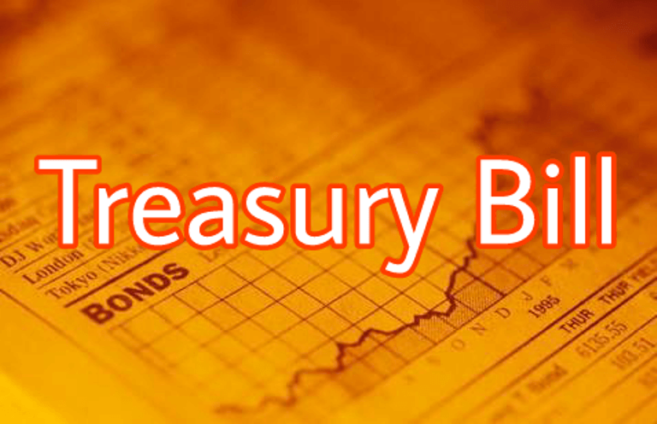In an unprecedented move, the Bank of Ghana’s recent auction of treasury bills saw a surge in investor interest, marking the highest demand in recent history.
The government experienced a remarkable oversubscription of more than 117% for its short-term treasury bills, indicating a shift in the country’s financial landscape.
According to the results of the auction, investors submitted a staggering GH¢17.69 billion in bids for the available treasury bills, far surpassing the government’s initial offering.
Despite this overwhelming demand, the government accepted only GH¢9.43 billion, carefully curating the bids to ensure fiscal responsibility.
Among the bills, the 91-day and 364-day bills attracted the highest interest, with each receiving over GH¢6 billion in bids. The 91-day bill alone garnered GH¢6.82 billion, representing 38.53% of the total bids. Of this, the government accepted slightly more than GH¢5.22 billion.
Meanwhile, the 364-day bill, also a popular choice, received bids totaling GH¢6.28 billion, roughly 35.50% of the total.
The government accepted just over GH¢2.75 billion of these bids, signaling a cautious approach to the overwhelming demand. The 182-day bill, though less popular, still saw bids amounting to GH¢4.59 billion, with GH¢1.45 billion accepted.
Despite the booming demand, the government’s careful management of treasury bill subscriptions did not stop there. Interest rates, which had been on a downward trajectory for some time, continued to shift.
The yield on the 91-day bill saw a sharp decline of 113 basis points, dropping to 26.85%. Similarly, the yield on the 182-day bill decreased slightly to 27.80%, compared to 27.98% the previous week. The 364-day bill also saw a drop in its interest rate, now standing at 29.07%.
This downward trend in interest rates, even amidst the oversubscription, reflects an evolving market environment. It suggests that the Bank of Ghana’s strategies may be shifting to align with the broader economic conditions, aiming to maintain a balance between attracting investment and ensuring sustainable economic growth.
As the government continues to manage its debt and financial resources, the recent auction highlights the complexities of Ghana’s financial landscape. With rising investor confidence and shifting economic realities, the demand for treasury bills is likely to remain high in the coming months, setting the stage for continued adjustments in the country’s fiscal policies.
ALSO READ:

